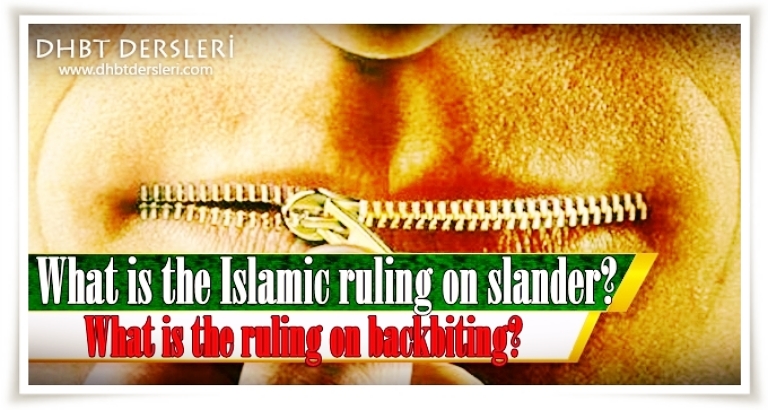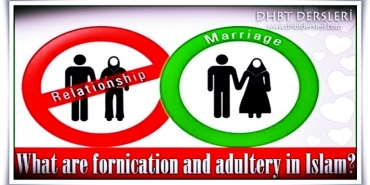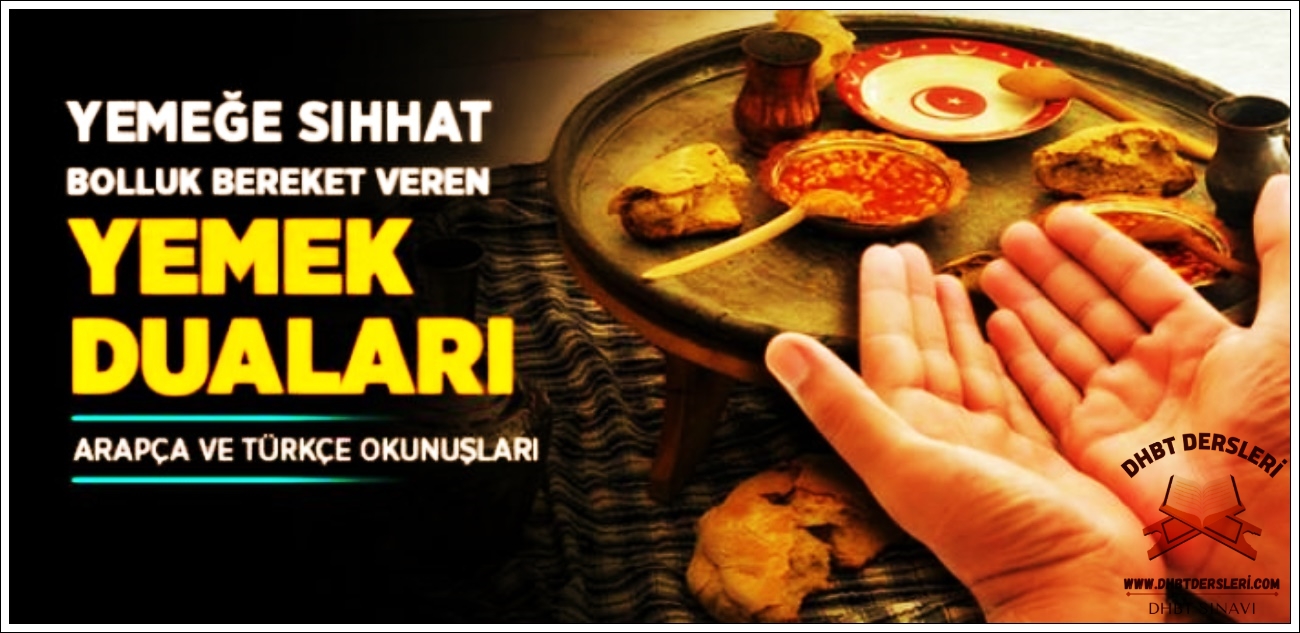Slandering damages the victims’ dignity, honor and respect. But slandering does not only hurt the slandered persons. On the contrary, it is an assault on mutual trust and security in society.
What is the Islamic Ruling on Slander?
The Qur’an says this assault is both a sin and a crime that must be punished (Nur 24:4).
And whoever commits the sin of slandering, he/she will be deprived of Allah’s mercy on the Judgment Day (Nur 24:23).
What is the Ruling on Backbiting?
The Qur’an explicitly prohibits backbiting commanding Muslims not to “allow yourselves to speak ill of one another behind your backs. Would any of you like to eat the flesh of his dead brother? Nay, you would loathe it!” (Hujurat 49:12)
In other words, backbiting and gossip are “moral cannibalism.” Eating a dead and rotten flesh would only hurt the consumer, not the consumed, obviously.
Therefore, backbiting only hurts the backbiter, not one gossiped about. Gossip and backbiting inflict two-dimensional damages:
1.Damage to human-to-human relations: gossip and backbiting sever relations between and among humans, and hurts the trust in each other, and
2.Damage to Allah-and-human relations: gossip and backbiting only occurs when the gossiped about person is absent. But even if that person cannot hear the gossip, Allah is All-hearing and All-knowing.

































